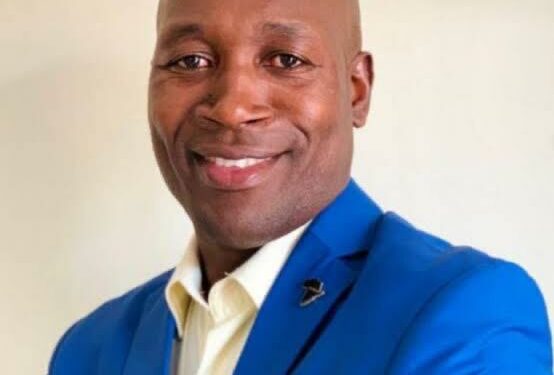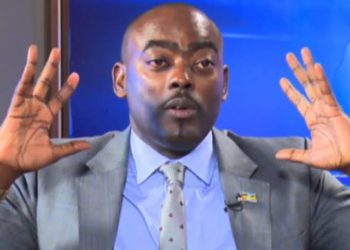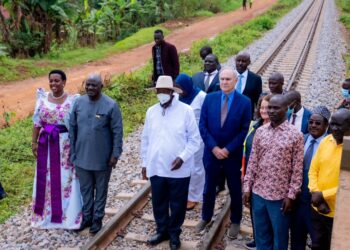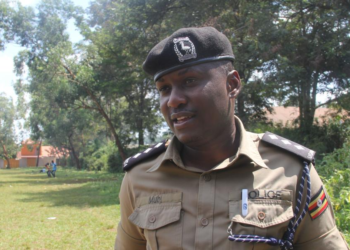Global Peace Ambassador, Milton Kambula, has sounded a dire warning about the troubling wave of military coups that have swept through West and Central Africa.
He attributes their ominous resurgence to a toxic combination of entrenched leadership overstay and the corrosive effects of bad governance.
With growing trepidation, Ambassador Kambula has articulated concerns that if these destabilizing coups persist unchecked, they could potentially cast an ominous shadow, pushing the African continent perilously close to a tumultuous era reminiscent of the 1960s to 1980s, when military takeovers were the unsettling norm for effecting political change in African nations
His remarks come in the wake of the military overthrow of President Ali Bongo in Gabon, ending his family’s 55-year grip on power in the Central African nation.
“Leaders who have employed conflict, violence, and force to attain and maintain power have failed to foster development on the continent,” Kambula cautioned, referencing the ongoing political turmoil in countries such as Niger, Burkina Faso, Mali, Guinea, and Gabon. He highlighted the dissatisfaction of the people with unvisionary leadership and foreign influences.
Kambula warned against the normalization of military takeovers, urging the armed forces not to be tempted into seizing power, as this could undermine peace, democracy, the rule of law, and the aspirations of local citizens.
“When people resort to the use of force especially through coups, guns, bombs and identity based politics to capture power, they will offer the same type of leadership that will continue making Africa unstable both economically, politically and socio-culturally,” Kambula said.
He pointed out that leaders who come to power through coups often lack a clear vision, leading to constitutional changes and structures designed to serve their own interests, often resulting in corruption and violence.
The Global Peace Ambassador underscored the need for a new generation of leaders who prioritize social cohesion, peace, and economic prosperity, echoing the growing demand from the youth for change.
“We must give opportunity to peaceful handover power to the next generation as this will give chance for peaceful transition and opportunity to strengthen the foundation that previous leaders have built over the years. This would form the basis for successful performance of the next regimes in power,” Kambula suggested.
He proposed a maximum presidential term of seven years and advocated for peaceful transitions of power to enable the strengthening of foundations laid by previous leaders.
Furthermore, Kambula called for African unity under one president, emphasizing the importance of transforming education, opening borders for economic integration, and promoting indigenous African values over divisive religious, legal, and political ideologies.
In a grim tally, Kambula noted that nine coups have taken place in West and Central Africa since 2020, including Niger, Burkina Faso, Guinea, Chad, Mali, Sudan, and Gabon, with foiled attempts in Guinea-Bissau and Gambia. These developments underscore the urgency of addressing the root causes of political instability in the region.
As Africa grapples with these challenges, the call for unity, visionary leadership, and a renewed focus on the well-being of its people has never been more pressing.
The hope remains that by heeding Ambassador Kambula’s warnings, Africa can pave the way for a brighter and more stable future.
Do you have a story in your community or an opinion to share with us: Email us at editorial@watchdoguganda.com













